Bridging Continents, United Against Cancer: Delivering on the Cairo Commitment
On April 15, 2025, leaders, clinicians, researchers, and policymakers from the Middle East and North Africa (MENA) region and the European Union gathered at Villa Aurelia in Rome for a landmark convening: “Bridging Continents, United Against Cancer – Delivering on the Cairo Commitment.” The event, hosted by the International Cancer Patient Coalition (ICPC), marked a milestone in the implementation of the Cairo Declaration of Cooperation, signed earlier this year by ten Arab League nations.
At a time of mounting global health inequalities, the event underscored the urgency of cross-regional cooperation to improve cancer outcomes, strengthen healthcare infrastructure, and reduce disparities in access to prevention, diagnosis, treatment, and care.
A Shift from Aspiration to Implementation
The Rome meeting signified a strategic progression from high-level political alignment to the formulation of tangible, coordinated actions. Stakeholders from across both regions united under a shared vision: to reduce cancer mortality and morbidity through structured collaboration, capacity building, and equitable resource mobilization.
Framed by keynote contributions from leading public health authorities and scientific experts, the event focused on actionable measures to operationalize the Cairo Declaration. These included the advancement of AI-driven screening, the scale-up of population-based early detection programmes, and the development of training initiatives in digital diagnostics, pathology, and tele-oncology.
A central aim of the meeting was to catalyze sustainable partnerships that transcend borders while remaining sensitive to the varied socioeconomic and infrastructural realities across participating countries.
Institutional Cooperation and Pilot Agreements
One of the most significant outcomes of the event was the signing of a pilot agreement between the Egyptian Cancer Society and the Italian Alliance Against Cancer. This foundational partnership aims to:
- Facilitate bilateral exchange of clinical and research expertise;
- Initiate joint protocols in alignment with data privacy frameworks;
- Strengthen regional cancer systems by adapting successful European models to MENA contexts.
This agreement represents a tangible shift toward harmonized cancer control strategies, rooted in mutual respect and joint commitment.
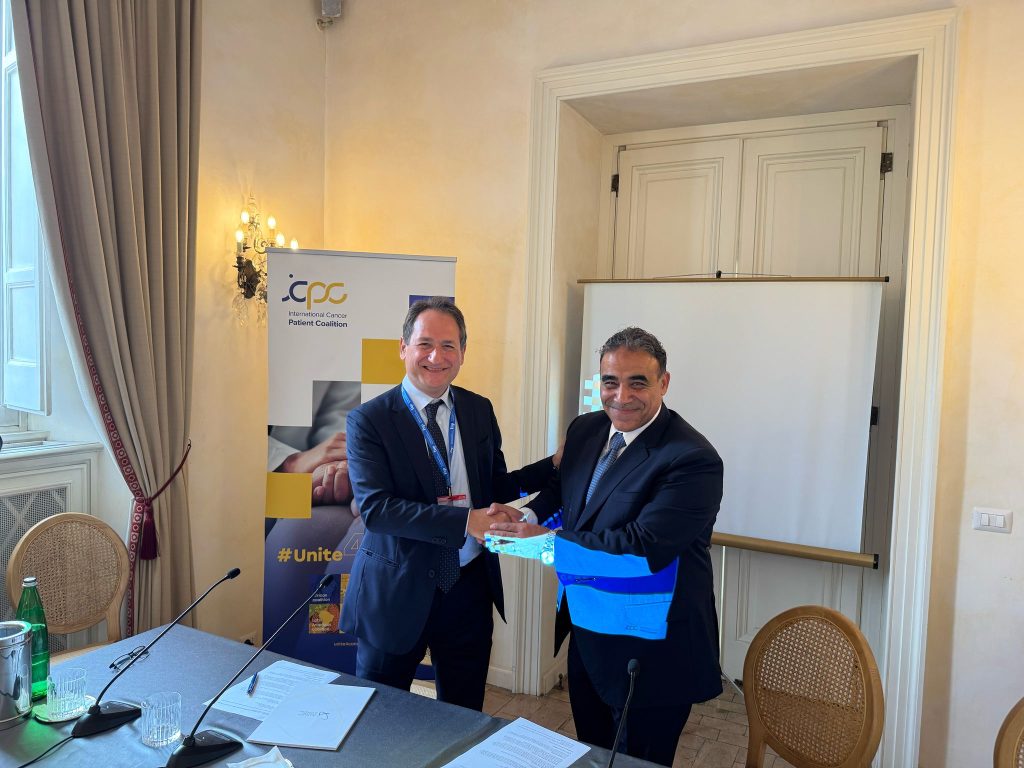
Defining Priorities for Long-Term Collaboration
The forum concluded with the presentation of a Terms of Reference, developed collectively by MENA and EU stakeholders. This document articulates a framework for ongoing collaboration, detailing areas of mutual interest, including:
- Expansion of digital health infrastructure to support precision medicine;
- Development of interoperable data systems and biobanks;
- Investment in workforce development, particularly in underserved and fragile health systems.
The Rome meeting also affirmed a commitment to reconvene in 2026, with a high-level follow-up conference planned to assess progress, scale successful models, and expand the coalition of partners.
Building a Borderless Response to Cancer
In an era of fractured geopolitical cooperation and constrained public health financing, the Rome event offered a compelling counter-narrative: one in which solidarity, science, and patient-centered values guide a shared agenda for global cancer control. The call to action was clear—tariffs save no lives; funding cuts produce no cures. Instead, partnerships that bridge continents have the potential to transform cancer care systems from the ground up.
As the ICPC continues to facilitate and support this collaboration, the message from Rome resonates globally: when cancer knows no borders, neither should the response.
Photo Gallery
Highlights from the event can be found below.
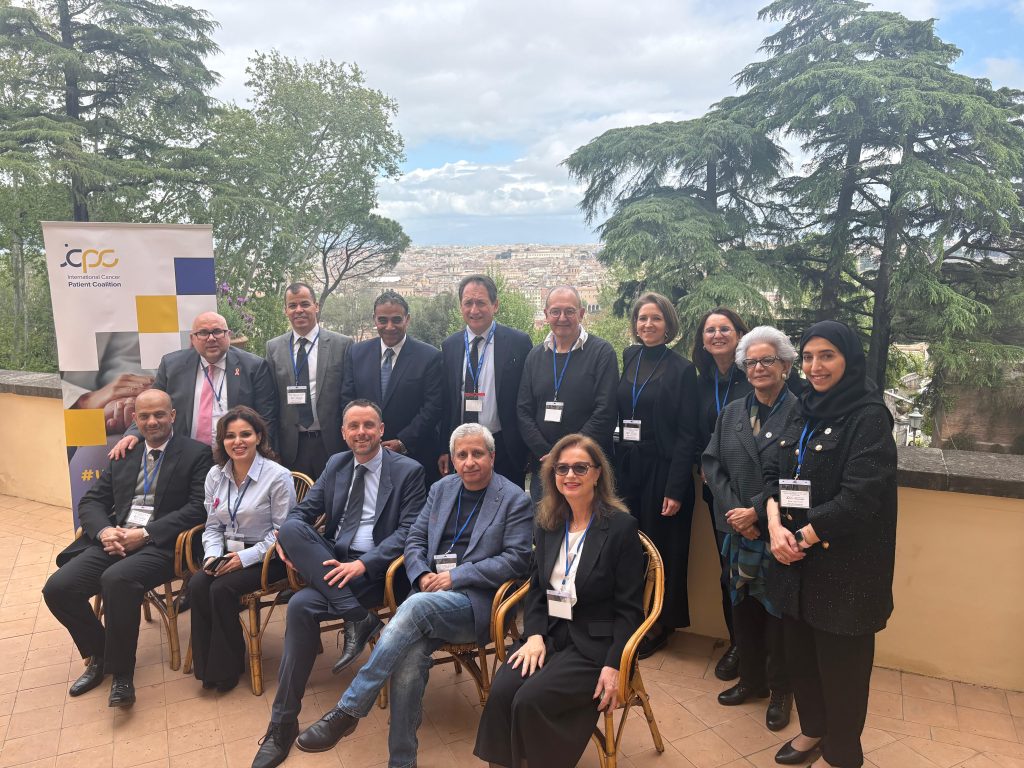
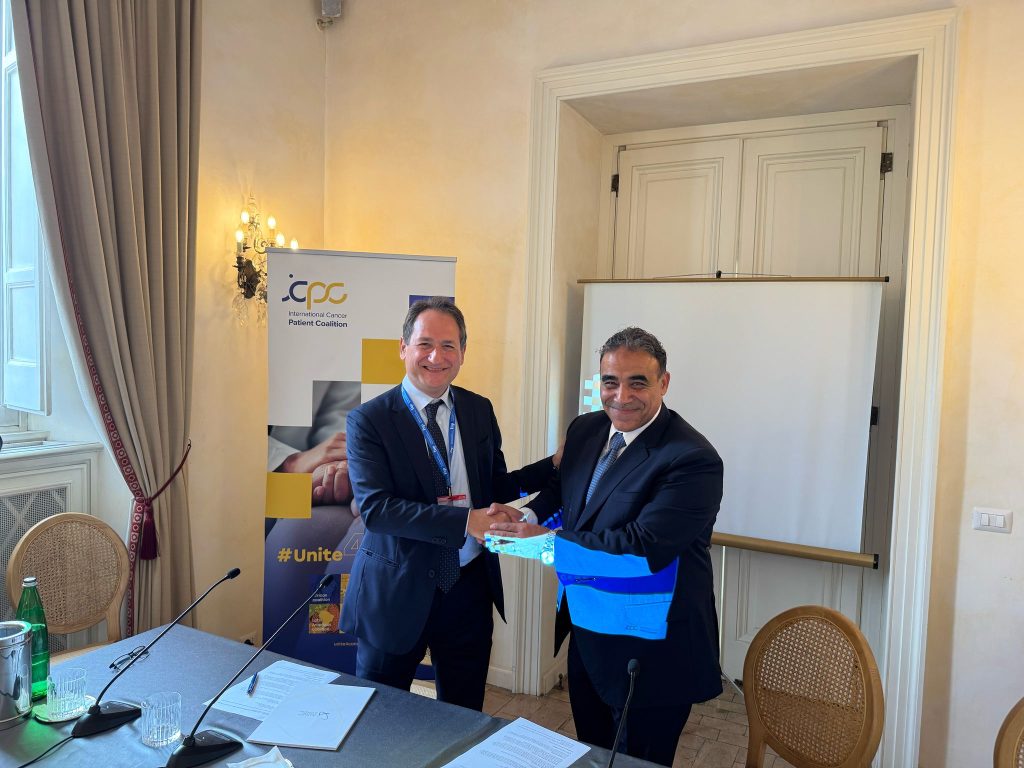
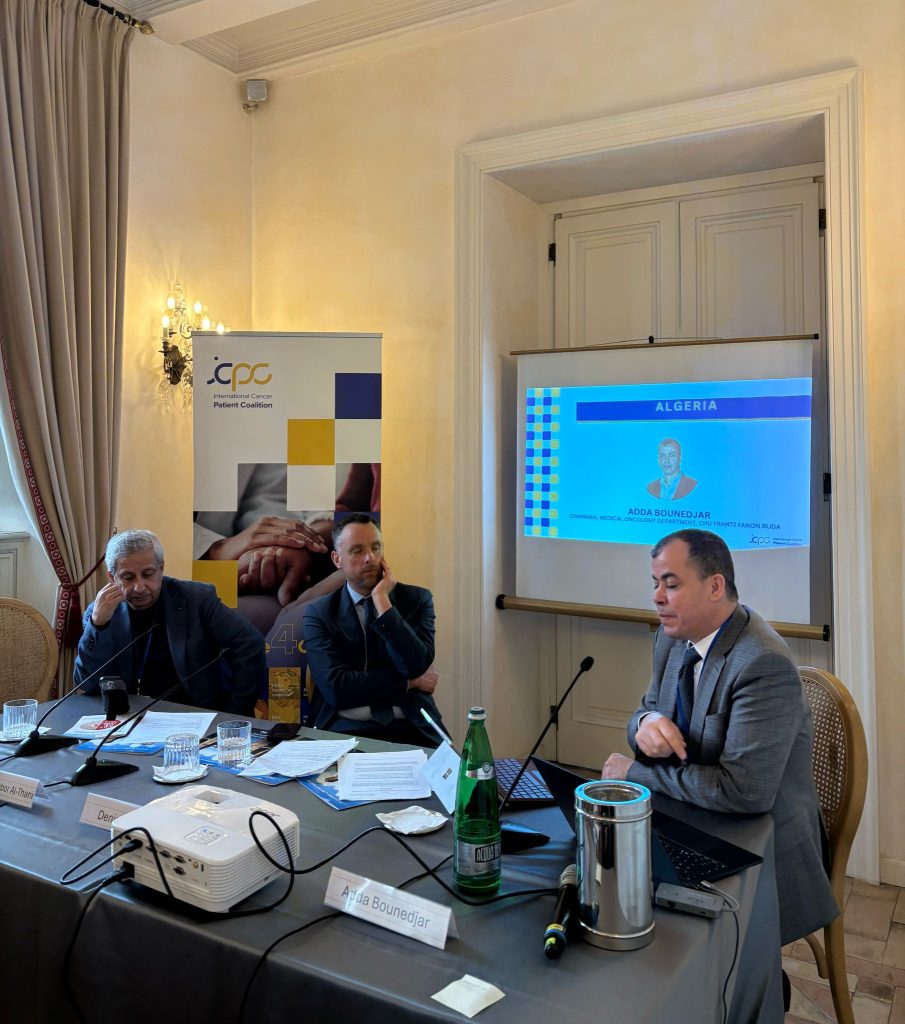
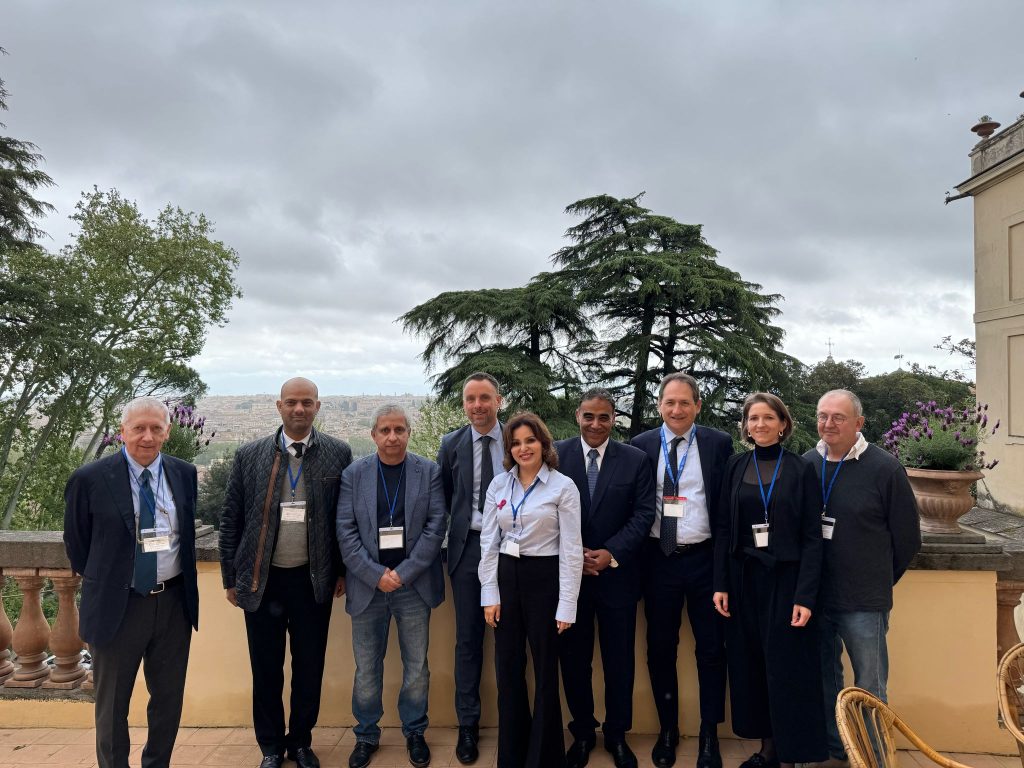
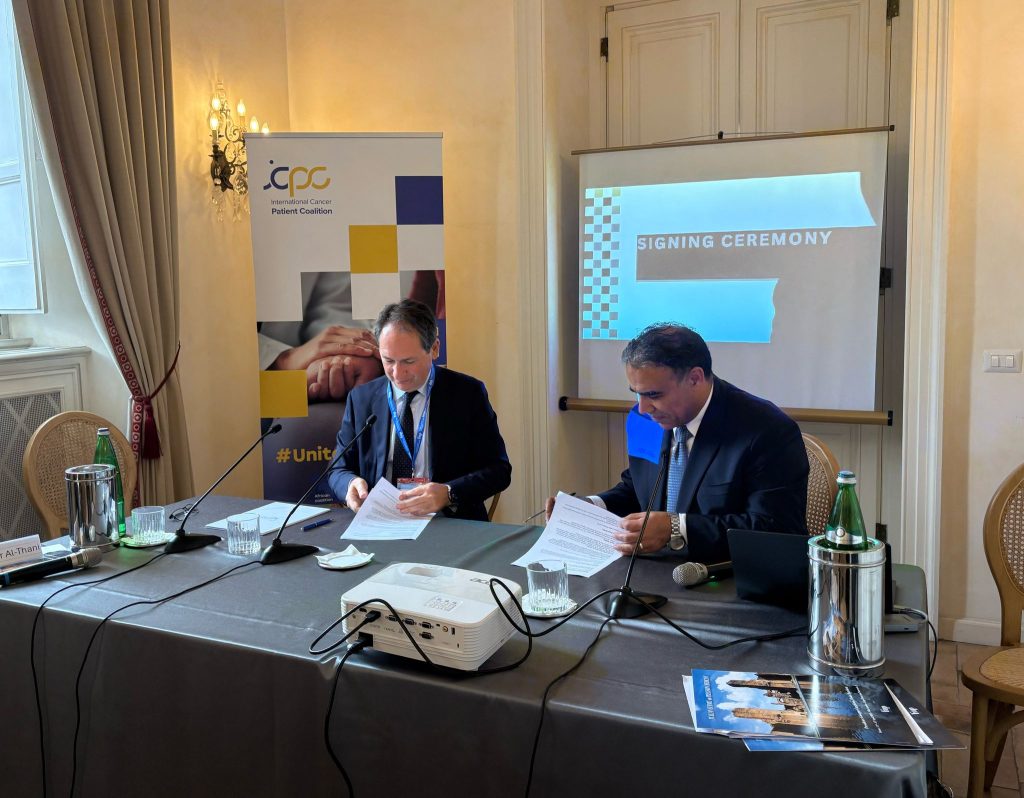
See below to download the full agenda.
